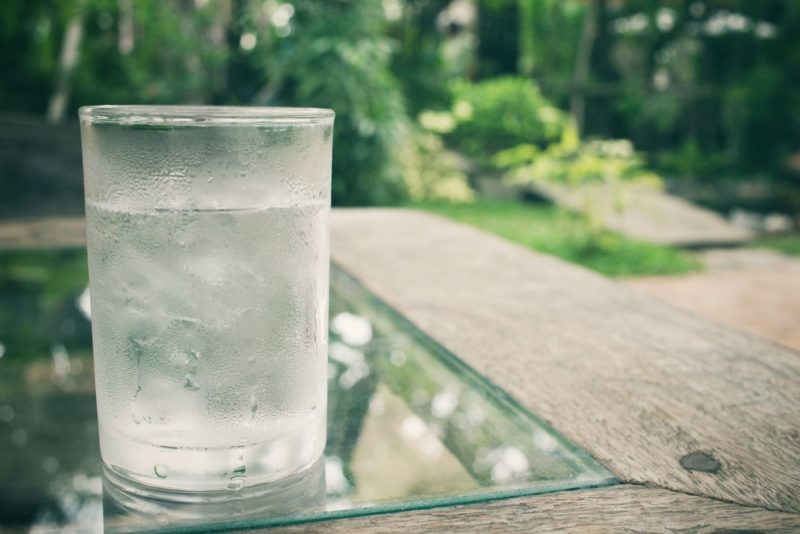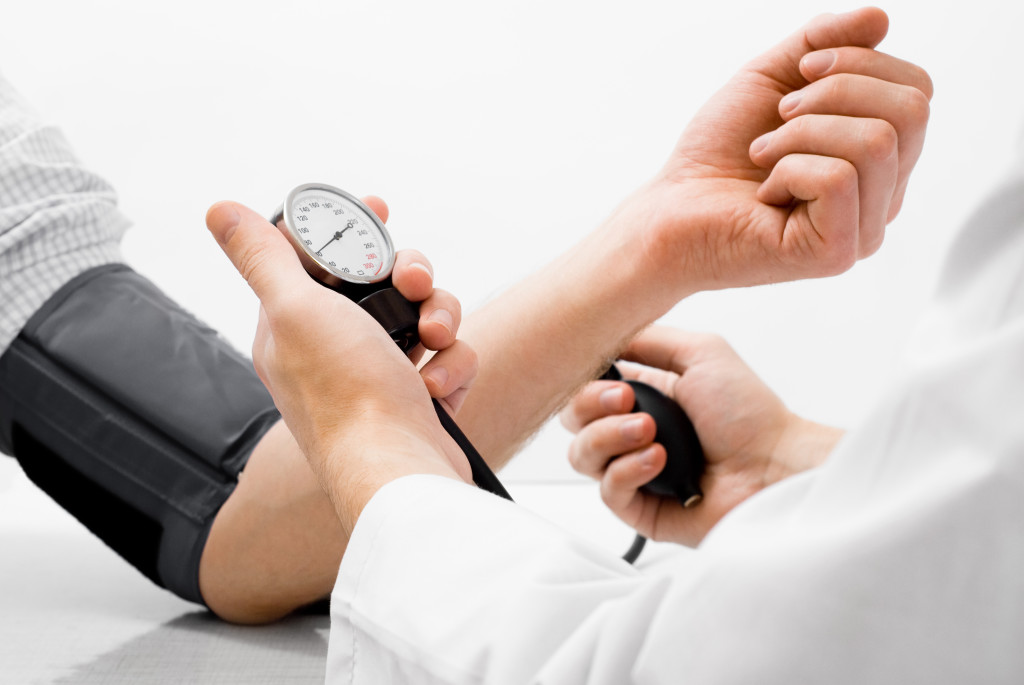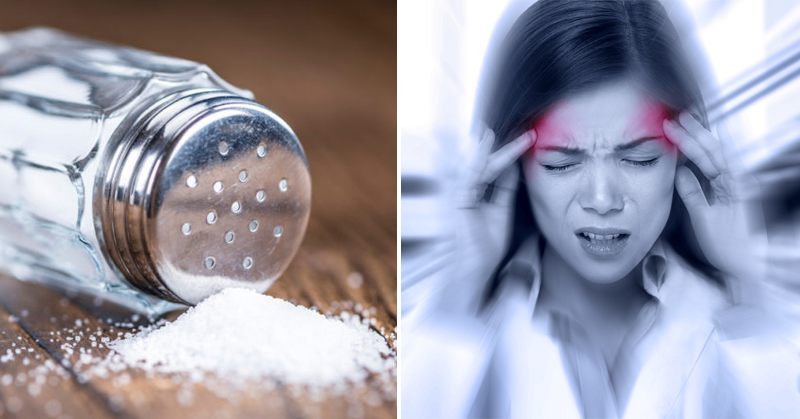By this time, you’ve probably heard that you shouldn’t eat too much salt. But your body needs salt in order to function properly, doesn’t it? Yes! In fact, salt helps regulate the fluid levels in your body and keep your blood pressure stable. But when it comes to salt, too much of a good thing can end up causing problems with your health. A diet high in sodium can lead to water retention, headaches, high blood pressure, and even kidney stones.
Here are seven signs you’re eating too much salt:
1. You’re Constantly Thirsty
The more salt you eat, the more fluids your body needs to help clear out your system. If you are constantly thirsty, it could be your body’s way of telling you that your salt intake is too high.

2. You Have Kidney Stones
A diet high in processed salt can lead to calcium in your urine. When high levels of sodium combine with calcium, the result can end up being kidney stones.
3. Your Legs Or Feet Are Swollen
If you’re eating too much salt, your body might start holding onto water to balance out the sodium levels. Water retention due to salt can end up causing swelling in your arms, ankles, hands, feet, and under your eyes.

4. You Crave Salt
The more salt you eat, the more you’ll crave. If you’re constantly craving salt, your body might be trying to activate the pleasure section of your brain. You end up with way too much salt in your body, and it becomes a vicious cycle.
5. You Have High Blood Pressure
The balance of sodium and fluid in your body affects your blood as well as your muscles. Too much salt can cause water retention, which can raise your blood pressure levels.

6. You Can’t Concentrate
High blood pressure caused by a high sodium diet can cause damage to the arteries that lead to your brain. Short term, this damage can make it harder for you to concentrate. Over time, the damage can lead to dementia or a blood clot.
7. You Have Frequent Headaches
Studies have shown that high sodium diets are linked to frequent headaches. Too much sodium in the body can cause high blood pressure, which can lead to headaches.
Conventional Salt vs. Sea Salt
Sea salt and Himalayan Pink Salt are better alternatives to the processed salt found in processed foods. Processed salt is higher in sodium and lower in the important trace minerals that support proper fluid balance in the body.
Sources:
Remedy Daily
National Headache Foundation
NCBI
The University of Chicago


